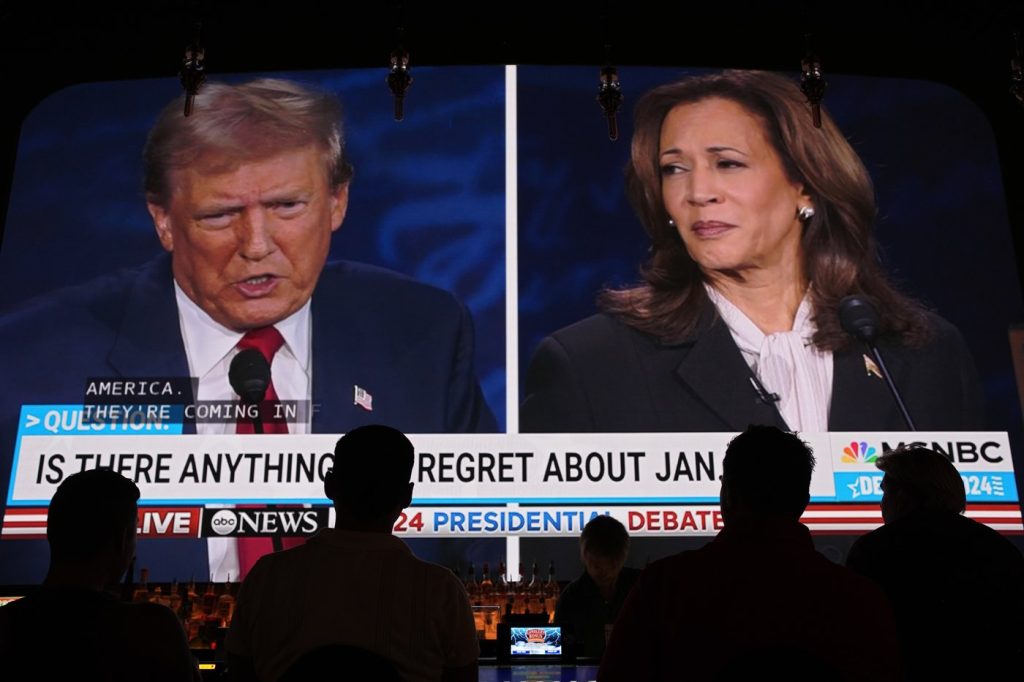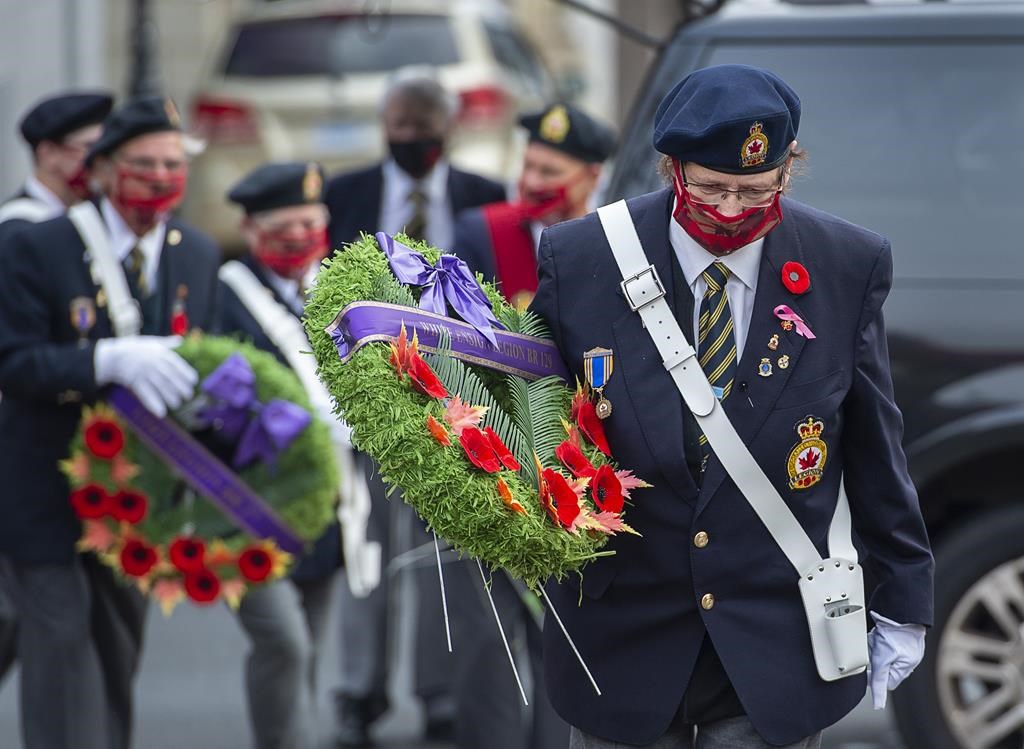After just a few hours, U.S. election bets put on hold by appeals court ruling

Posted Sep 13, 2024 07:52:04 PM.
Last Updated Sep 13, 2024 08:01:10 PM.
ATLANTIC CITY, N.J. (AP) — Just hours after it began, legal betting on the outcome of U.S. Congressional elections has been put on hold by a federal appeals court.
The Court of Appeals for the District of Columbia Circuit issued an order Thursday night temporarily freezing the matter until it can consider and rule on the issue. No timetable was initially given.
The court acted at about 8:30 p.m. Thursday, mere hours after a federal judge cleared the way for the only bets on American elections to be legally sanctioned by a U.S. jurisdiction.
U.S. District Court Judge Jia Cobb permitted New York startup company Kalshi to begin offering what amounts to bets on the outcome of November elections regarding which parties win control of the House and Senate.
The company’s markets went live soon afterwards, and Kalshi accepted an unknown amount of bets, which it called “contracts.”
The Thursday night order put a halt to any further such bets. What might happen to those already made was unclear Friday.
Neither Kalshi nor the commission immediately responded to messages seeking comment Friday.
The ruling came after the Commodity Futures Trading Commission appealed Cobb’s ruling, warning that allowing election bets, even for a short period of time, risked serious harm from people trying to manipulate the election for financial purposes.
Prices on Kalshi’s so-called predictive contracts varied during the afternoon and early evening hours during which they were live on Thursday. At one point, a bet on the Republicans to win control of the Senate was priced at 76 cents; a $100 bet would pay $129. A bet on the Democrats to win control of the House was priced at 63 cents, with a $100 bet paying out $154.
The elections category under which they had been posted Thursday was missing from the company’s website Friday afternoon.
___
Follow Wayne Parry on X at www.twitter.com/WayneParryAC
Wayne Parry, The Associated Press








